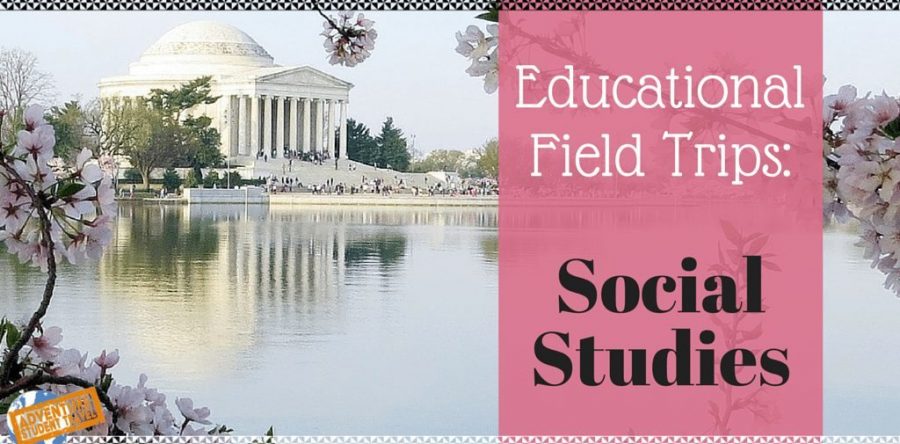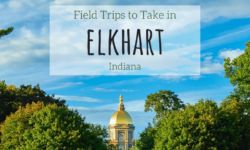While many states have lessened their focus on social studies due to curriculum changes, it remains an integral subject in our students' education. Social studies explains, or tries to, the nature of our world from our national and global history to government and even how people will continue to live in the future with economics and more.
Depending on the grade level, there are hundreds if not thousands of social studies attractions stretched across the U.S. that would be perfect for your educational class field trip.
Government:
Starting with the basic civic themes, there are several places to visit on the processes and importance of government. You don't have to live in New England to get a firsthand account of how the government works. Stop in your local courthouse, arrange a meeting with your town's mayor or city officials, or even take a trip to your state's capital to tour the various buildings and sites. If you have the resources, Washington, D.C. is, of course, the prime destination to learn about government. In the nation's capital, visit Capitol Hill, the White House, the American History Museum, and the various monuments and memorials.
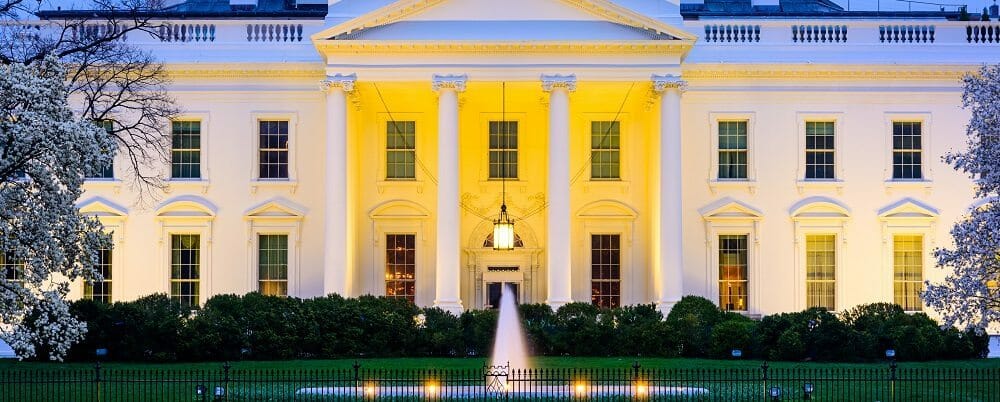
Washington, D.C. at the White House. Shutterstock
The Revolution:
The United States made its claim to greatness back in the 1700s when our founding fathers stood up to England and demanded independence. This was a fascinating time in history and one that should be taught with vigor and patriotism. Boston, the birthplace of the revolution, and Philadelphia should be visited if at all possible. In Boston, take the Freedom Trail and see the sites including the Old South Meeting House, Old North Church, Paul Revere's house, and the USS Constitution. Philadelphia is home to Independence Hall where the Declaration of Independence and the Constitution were drafted, Carpenters' Hall, Congress Hall, and the Liberty Bell. A visit to Colonial Williamsburg is also highly recommended for an up-close interactive living history experience.
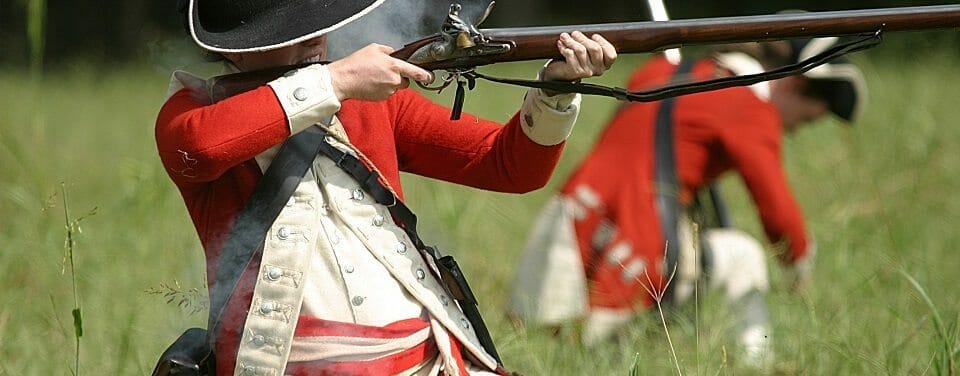
English Redcoat Shutterstock
Founding Fathers:
An amazing side effect of a passion for history is that the most important sites are preserved for future generations by people who understand its value. George Washington's estate, Mount Vernon, is a gorgeously preserved plantation with dozens of sites, buildings, living history presentations, and various attractions for students of all ages. Likewise, Thomas Jefferson's Monticello in Charlottesville, Virginia is a similarly attractive destination dedicated to our third president and the author of the Declaration of Independence.
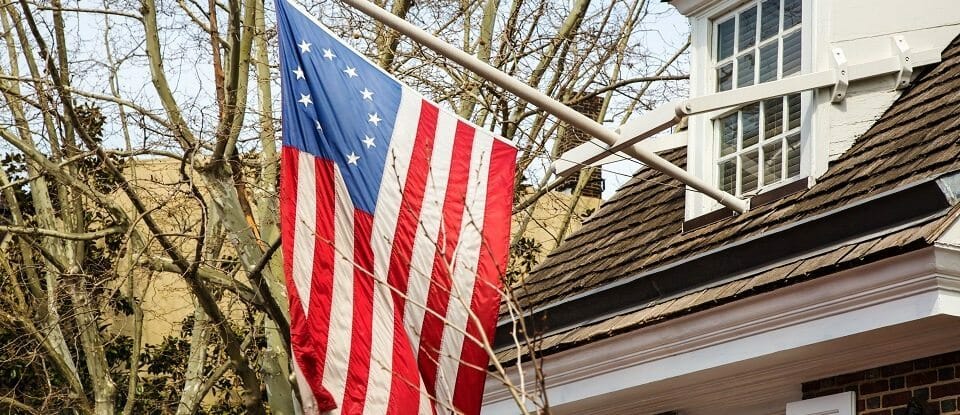
Betsy Ross House Alamy
Civil War:
One of the bloodiest and most gruesome of all the U.S. wars was the Civil War but it is also a great opportunity to open a discussion on civil rights, slavery, national economics, and more. Civil War battlefields and memorials dot the U.S. so chances are there are some nearer to you. However, if you are nearby, South Carolina's Fort Sumter, the location of the first shots fired in the Civil War, is a good place to tour as a class. Also, Richmond, Virginia, the capital of the Confederacy, is rich with attractions including the Civil War Center, the Museum of the Confederacy, and more Civil War sites than anywhere else in the country. Gettysburg is another recommended destination but may be best saved for older students.
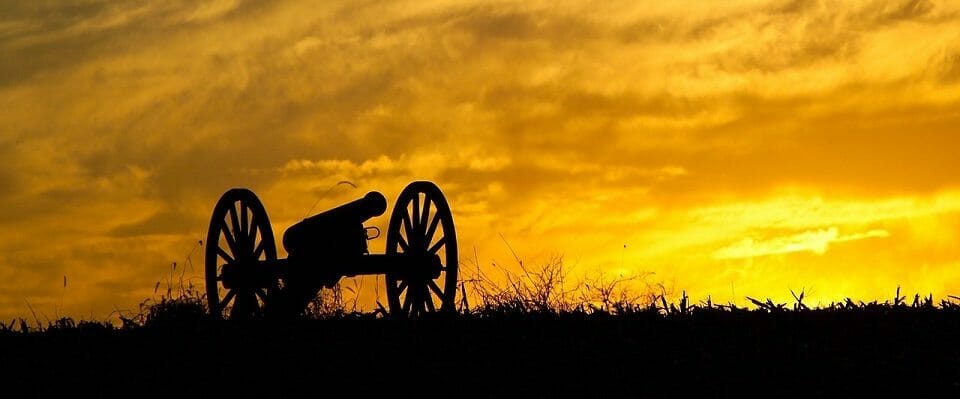
Pixabay Public Domain
WWI & WWII:
Since both of these wars were fought overseas, excepting Pearl Harbor, we don't have any battle sites. New Orleans, though, is home to the National WWII Museum where you can see Axis and Allies uniforms, weapons, diaries, hear first-hand accounts of the war, and learn about the soldiers who fought in the first global war. Pearl Harbor is another field trip opportunity but like some of the other sites, may be too advanced for younger students. Finally, Liberty Memorial in Kansas City, Missouri hosts the National WWI Museum where you can see a Renault FT-17 tank, see life-size trenches, and experience a walk through crater where a howitzer shell destroyed a farmhouse.
Civil Rights:
The Civil Rights Movement in the 1960s was a pivotal moment in our collective history and one that continues to develop today. The American South is littered with relevant sites although perhaps Alabama is the most concentrated. Birmingham is often called the cradle of the Civil Rights Movement and here you can visit the Civil Rights Institute, 16th Street Baptist Church, and Kelly Ingram Park. Selma is home to the Edmund Pettus Bridge where protesters marched to Montgomery and where you can visit on the Martin Luther King, Jr. walking tour. That same marching route is now a National Historic Trail to Montgomery that you can take as a class. Other recommended sites include the steps of the Lincoln Memorial and the Martin Luther King, Jr. Memorial in Washington, D.C.
Educational field trips are an amazing resource, both for initiating a positive learning experience but also for letting your students interact with reality in a physical environment rather than through pages in a textbook. Humans are social creatures which are one reason why social studies are so important to experience first hand.
Any of these suggested destinations could easily be connected to your curriculum and adjusted according to grade and maturity levels. From local sites near you such as a firehouse or police station to federal Supreme Court and national memorials, social study is an ongoing process rather than a long-forgotten past. Take your students on a field trip and experience history in the making.

